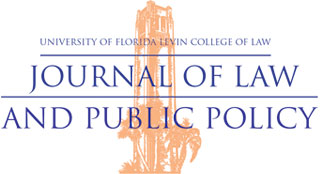
Abstract
As the tools to automate our lives become more commonplace, so do the concerns about their use and the data they collect. State and local governments in the United States are increasingly turning to smart city technologies for everything from law enforcement and traffic management to public health monitoring and wastewater testing. Yet often, citizens are left in the dark about the ways in which their elected officials are researching, purchasing, and implementing these technologies. Public records laws represent one mechanism to help improve the public’s understanding of smart city technology and its uses in their communities. But not all public records laws are created equal. We argue that public records laws must be updated to ensure the definition of the term “public records” includes the types of records created by these technologies, including audio, video, and large datasets. Additionally, exemptions to public records laws that were designed to prevent invasions of privacy or ensure law enforcement could investigate crime must be narrowly tailored so they cannot be used as an excuse to withhold information that citizens have a right to access. Strong public oversight is crucial to guarantee these technologies are not abused, and most state public records laws are inadequate when it comes to ensuring access to records about, and created by, smart city technology.
Recommended Citation
Sanders, Amy Kristin and Stewart, Daxton R.
(2023)
"Let's Not Be Dumb: Government Transparency, Public Records Laws, and "Smart City" Technologies,"
University of Florida Journal of Law & Public Policy: Vol. 33:
Iss.
2, Article 1.
Available at:
https://scholarship.law.ufl.edu/jlpp/vol33/iss2/1